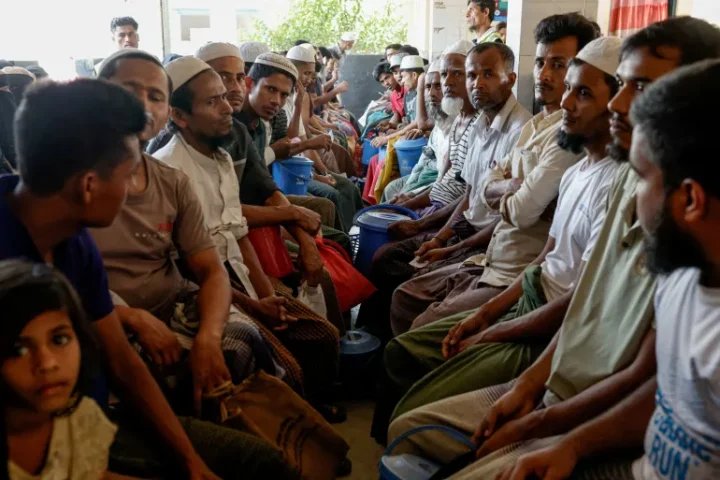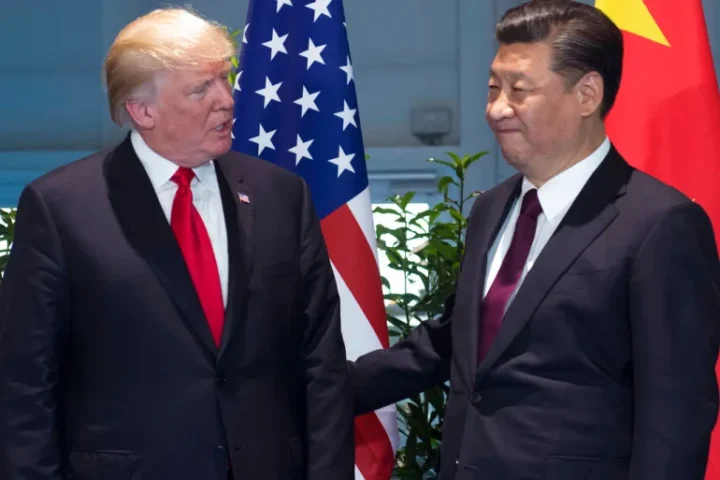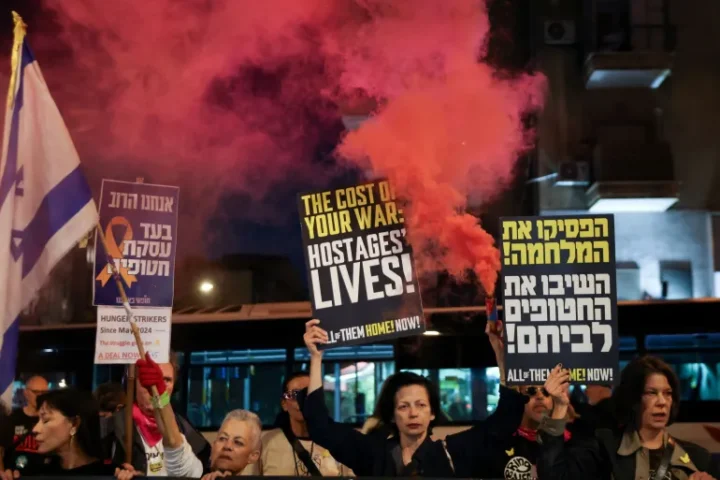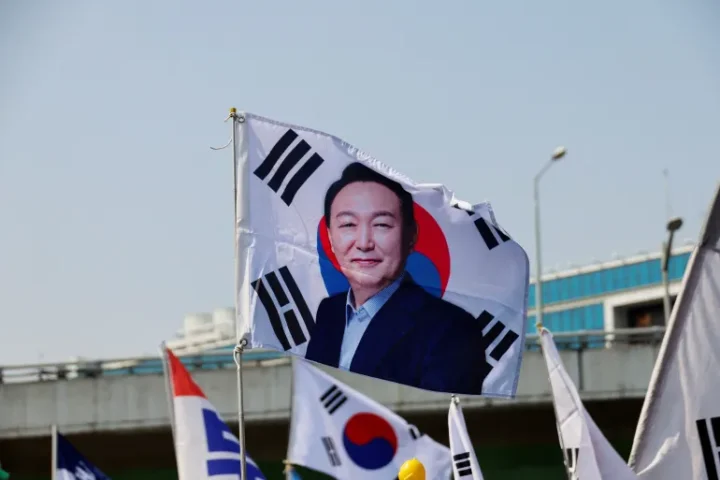German Chancellor Olaf Scholz says Putin has failed in all his strategic aims and will not dictate terms of peace.
Russian President Vladimir Putin will not win the war in Ukraine, Germany’s Chancellor Olaf Scholz has said, while stressing that the NATO military alliance will not become an active party to the conflict.
Speaking on Thursday to a global business community attending the World Economic Forum in Davos, Switzerland, the German leader also said that Putin has already failed in all his strategic aims.
The Russian leader “underestimated” the “resolve and strength” of allies in countering his aggression in Ukraine, said Scholz. “Our goal is crystal clear – Putin must not win this war. And I am convinced that he will not win it.”
Russia’s plan to capture all of Ukraine is “further away today than it was at the beginning” of its invasion, as Ukraine continues to put up an impressive defence, he said.
Scholz’s comments came as the war in Ukraine entered its fourth month, and Russian troops made fresh attempts to seize territory in eastern Ukraine.
After failing to seize Ukraine’s capital Kyiv or its second city Kharkiv, Russian forces are trying to wrest full control of the eastern Donbas region and have also advanced in the south despite stiff Ukrainian resistance and tough Western sanctions on Moscow.
Ukrainian officials said Russian forces had on Thursday tried to storm the besieged industrial hub of Severodonetsk and nearby Lysychansk, the focal point of Moscow’s renewed offensive in the Donbas region.
‘Putin will not dictate peace terms’
Scholz, who has spoken several times with Putin on the phone since Moscow’s invasion, said, “Putin will only seriously negotiate peace when he realises that he cannot break Ukraine’s defences.”
Western allies, who have been arming Ukraine and imposing heavy sanctions on Russia, will continue their backing for Kyiv, he pledged.
“It is a matter of making it clear to Putin that there will be no dictated peace,” said Scholz. “Ukraine will not accept that and neither will we.”
Scholz stressed once again that nothing will be done “to make NATO a party to the conflict because that would mean a direct confrontation between nuclear powers”.
He was encouraged, however, about Finland and Sweden moving closer to the military alliance as the two nations agreed last week to apply for membership.
The chancellor added that Putin underestimated the unity and strength with which the G7 major industrialised nations, NATO and the European Union had responded to his aggression.
Scholz, however, did not directly address criticisms from Ukraine that Germany was not moving fast enough in supplying Kyiv with heavy weapons.
He only said that Germany’s support for Kyiv will continue to be coordinated with allies.
Ukraine has been urging Berlin to speed up deliveries of heavy armaments including Leopard tanks and Marder armoured vehicles.
In a separate session at Davos on Wednesday, Ukrainian Foreign Minister Dmytro Kuleba voiced frustration about the process: “I don’t understand why it is so complicated, but I respect the situation in the German government and we are looking forward to see how this story ends.”
Kyiv mayor Vitali Klitschko also noted at the economic forum in the Swiss ski resort that “everything works so slow” in terms of weaponry decisions.






